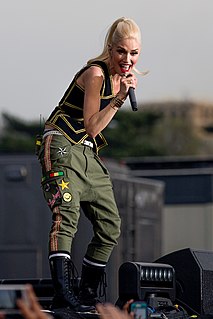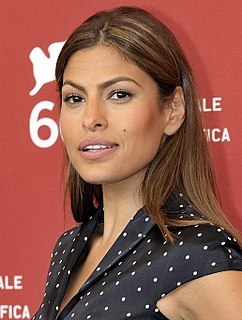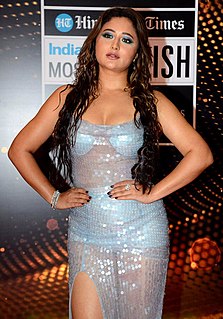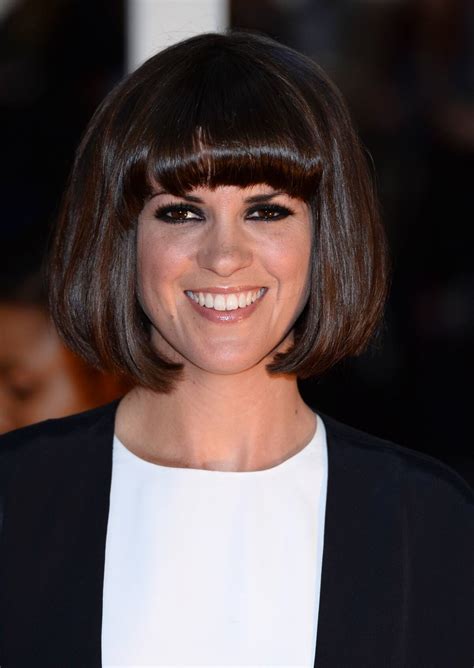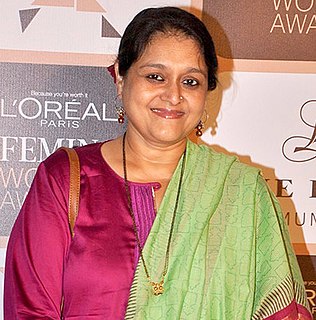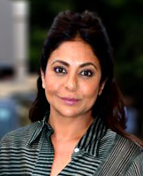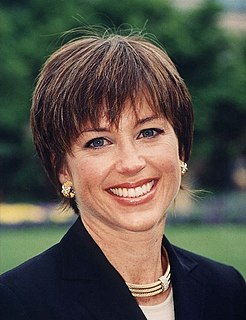A Quote by Laura Dern
I have a very wonderfully, bizarrely amazing relationship with my mother in that we've been through a myriad of emotions because we've acted together and played all these different kinds of mother-daughters.
Related Quotes
My grandmother was a single mother. My mother's a single mother, and I have four daughters. I've experienced firsthand the challenges of what it is to be a single mother. And many of those challenges are challenges that, if we all just got together and worked together and thought about it together, we could help solve.
India was the motherland of our race, and Sanskrit the mother of Europe's languages: she was the mother of our philosophy; mother, through the Arabs, of much of our mathematics; mother, through the Buddha, of the ideals embodied in Christianity; mother, through the village community, of self-government and democracy. Mother India is in many ways the mother of us all.
Honestly, I believe that the mother-daughter relationship is magical, complex, potentially dangerous, profoundly powerful, and deeply transformative. To put it simply, all of us have this relationship, and in a very real way, "none of us comes out alive." We are all formed first as daughters and then tested as mothers. There's nothing like motherhood to make us reassess how we were as daughters.
Not every woman thinks that their mother is a nice person. I feel like when you really examine a woman's relationship with her mother, any child and their mother, you can really get to know them, because it's such an important relationship in your life and if it's not positive, that's something you definitely carry with you.
My father was a world-class scientist and my mother was a prolific painter. I could see that my parents had completely different ways of knowing and understanding the world, and relating to it. My father approached things through scientific inquiry and exploration, while my mother experienced things through her emotions and senses.
I interviewed Kim Kardashian recently and had a conversation with her mother. A lot of people have various thoughts about Kim Kardashian, her mother and her sisters, but it is an incredibly well thought through concept and branding. Each of the daughters appeals to a different segment of the market.
Trust grows when babies and mothers establish that they can find each other again after the inevitable moments of losing touch. It is not the goodness of the mother or the relationship per se that is the basis for trust; it is the ability of mother and baby together to repair the breaks in their relationship that builds a safe house for love.

